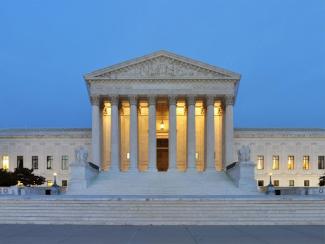
June 27’s Supreme Court ruling, sparked by Trump’s attacks on birthright citizenship, wasn’t just about citizenship. It sidestepped birthright to target nationwide injunctions. Nationwide, or universal, injunctions are how federal judges have been blocking Trump’s federal orders for the entire country, not just certain jurisdictions or individual plaintiffs in a case. What does it mean now that they’re limited?
Now, federal judges don’t have the “unbridled authority” to stop even a president’s unconstitutional actions. Without nationwide injunctions, some states may decide to limit citizenship to those with at least one parent who is a permanent resident or citizen.
Right now, these states have blocked Trump’s policy: Arizona, California, Colorado, Connecticut, Delaware, Hawaii, Illinois, Maine, Maryland, Massachusetts, Michigan, Minnesota, Nevada, New Jersey, New Mexico, New York, North Carolina, Oregon, Rhode Island, Vermont, Washington, and Wisconsin.
Twenty-one states, however, support Trump’s policy. Others are working on class-action lawsuits, that protect more than individual plaintiffs. But here’s what could happen if 30 days pass and lawsuits fail, leaving anti-birthright states to their own devices.
In a matter of days, the United States could be divided. You could be a U.S. citizen in one state, and “illegal” in the next state over. Constitutional protections could crumble. From Trump to the Supreme Court, “law and order” in this country is exposing its true, violent colors. There's no telling how far it could go.